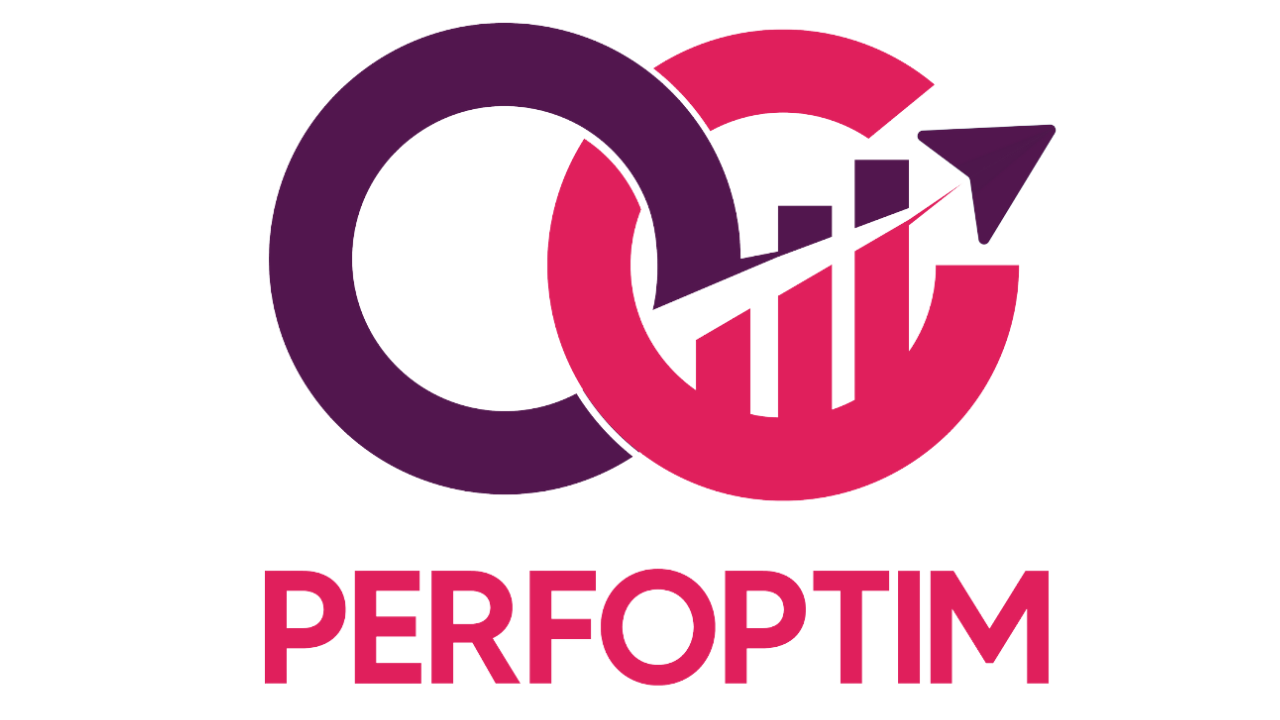Local SEO for Lawyers Guide: 9 Steps For Law Firms To Improve Their Local Rankings
Local SEO is a game-changer for law firms aiming to stand out in today’s competitive digital landscape. With more people searching for legal services online, appearing at the top of local search results can make or break your practice.
The legal industry is seeing a surge in search volume, with clients increasingly using phrases like “lawyer near me” or “divorce attorney in [city].” This shift underscores the need for lawyers to prioritize local SEO to capture these high-intent leads.
A key goal is securing a spot in Google’s “local pack”—the top three businesses displayed in map results—which drives significant visibility and trust.
By optimizing for local search, law firms can connect with nearby clients actively seeking legal help, outpacing competitors who rely solely on broad SEO or traditional advertising.
How to Rank #1 on Google for ‘Lawyer Near Me’ in Your CityThis guide outlines nine actionable steps to boost your local SEO, ensuring your firm thrives in a crowded market.
Why Local SEO Matters for Lawyers
| Benefit | Explanation |
| Increased visibility | Appear in Google Maps and local searches, making it easier for potential clients to find you. |
| More local leads | Attract nearby clients actively seeking legal help, driving high-intent inquiries. |
| Higher trust | Positive reviews and consistent listings build credibility and client confidence. |
| Better ROI | Local SEO is cost-effective compared to broad SEO campaigns, delivering targeted results. |
Step 1: Claim & Optimize Your Google Business Profile
Your Google Business Profile (GBP) is the cornerstone of local SEO. Start by claiming your profile on Google and ensuring your Name, Address, and Phone (NAP) details are consistent across all platforms. Inconsistencies can confuse search engines and harm rankings.
Next, select relevant categories like “Personal Injury Lawyer” and add services such as “free consultations” or “divorce mediation.” Include your firm’s hours, high-quality photos of your office, team, or client interactions, and a compelling business description. These elements enhance user experience and signal relevance to Google.
Regularly update your profile with posts about case wins or community involvement to stay active. Optimizing your GBP also sets the stage for running local ads, amplifying your reach.
Also read: How to Rank #1 on Google for ‘Lawyer Near Me’ in Your City
Step 2: Build Local Citations Across Trusted Directories
Citations—online mentions of your firm’s NAP—are critical for local SEO. List your law firm on trusted directories like Yelp, Bing Places, YellowPages, and legal-specific platforms like Justia. Ensure your NAP is identical across all listings to avoid confusion.
Inaccurate data can dilute your rankings and frustrate potential clients. Use tools like Moz Local or BrightLocal to streamline citation building and monitor consistency.
These platforms help identify errors and uncover new listing opportunities. Citations boost your firm’s authority and visibility in local searches.
Also read: Top 10 Local Citation Sites for Law Firms
Step 3: Target Local Keywords for Legal Services
Keywords drive search visibility, and local keywords are especially powerful for lawyers. Use tools like Google Keyword Planner or SEMrush to identify terms like “divorce lawyer in Birmingham” or “DUI attorney near me.” Incorporate geo-modifiers—city or neighbourhood names—into your website’s titles, headers, and content.
For example, optimize service pages for phrases like “personal injury lawyer in Atlanta.” Balance keyword density to avoid overstuffing, which can harm rankings.
These efforts align with paid campaigns, as targeted keywords improve ad relevance. Dive deeper into keyword strategies with our guide on SEO Keyword Research for Paid Campaigns.
Also read: Top 5 Law Firm SEO Strategies That Drive Leads in 2025
Step 4: Encourage Client Reviews
Reviews are a trust signal for both clients and search engines. Politely ask satisfied clients to leave reviews on your Google Business Profile, Yelp, or Avvo. Provide clear instructions to simplify the process. Respond to all reviews—positive or negative—professionally, showing you value feedback.
Use review automation tools like Birdeye or Podium to send reminders and track submissions. Positive reviews boost your local pack ranking and attract more clicks. A steady stream of authentic reviews builds credibility, setting your firm apart in competitive markets.
Step 5: Create Localized Legal Content
Content tailored to your city or state establishes your firm as a local authority. Write blog posts on topics like “How Alabama Handles Child Custody Cases” or “Top 5 Mistakes in Chicago DUI Cases.” These articles address local client pain points while incorporating geo-targeted keywords.
Publish regularly to keep your site fresh, which Google rewards. Include case studies, FAQs, or legal guides to add value.
Quality content also supports broader SEO efforts, as outlined in this Search Engine Optimization resource.
Also read: Top 15 Legal Marketing Strategies to Grow Your Law Firm
Step 6: Optimize for Mobile and Page Speed
Most local searches happen on mobile devices, so your website must be mobile-friendly. Use responsive design to ensure seamless navigation on phones and tablets. Test your site with Google’s Mobile-Friendly Test tool.
Additionally, prioritize page speed, as slow-loading sites drive users away. Use Google PageSpeed Insights to identify issues like large images or unoptimized code. Fast, mobile-optimized sites improve user experience and rankings, while also enhancing ad performance.
See our guide on Improve Page Speed for Ads Performance.
Also read: How to Optimize Your Law Firm Website for Mobile Users
Step 7: Use Local Structured Data Markup
Structured data markup, like schema.org for local businesses, helps Google understand your firm’s location, services, and contact details. Add schema markup to your website to highlight your NAP, practice areas, and operating hours.
This can improve your chances of appearing in rich snippets or the local pack. Properly implemented markup enhances Google’s ability to categorize your firm accurately, boosting local relevance.
For implementation details, refer to Schema.org for Local Business. This technical step can give your firm a competitive edge in local search results.
Step 8: Build Local Backlinks
Local backlinks from reputable sources signal authority to Google. Sponsor local events, such as charity runs or community fairs, to earn mentions on event websites. Partner with local bloggers or news outlets to feature your firm in articles or interviews.
Writing guest posts for city-based legal or lifestyle blogs can also generate valuable backlinks. Focus on quality over quantity, as links from trusted, relevant sources carry more weight.
These efforts not only improve your SEO but also strengthen your firm’s community presence and reputation.
Also read: Why Local Citations Are Critical for Law Firm SEO
Step 9: Monitor Local SEO Performance
Tracking your local SEO efforts ensures you’re on the right path. Monitor keyword rankings, website clicks, and calls generated from your GBP using tools like Google Analytics and Google Search Console. Analyze which strategies drive the most leads and adjust accordingly.
Regular monitoring helps you identify opportunities, such as underperforming keywords or citation inconsistencies. By staying proactive, you can refine your approach and maintain a strong local presence.
Also read: Local SEO Tips for Alabama Law Firms to Dominate Search
Bonus Tip: Run Geo-Targeted PPC Campaigns
Amplify your local presence with geo-targeted PPC ads on platforms like Meta. Set precise location targeting to reach clients in your city or neighborhood. Use compelling ad copy highlighting your expertise and local focus. Geo-targeted ads complement organic efforts, driving immediate leads. Learn more in our Meta Ads Strategy for Local Leads.
Conclusion
Mastering local SEO for your law firm involves nine key steps: optimizing your Google Business Profile, building citations, targeting local keywords, encouraging reviews, creating localized content, ensuring mobile optimization, using schema markup, earning local backlinks, and monitoring performance.
Need help with Local SEO for your law firm?
👉 Get expert help with local lead generation.




